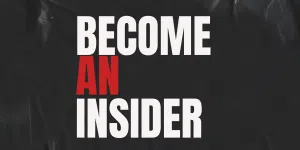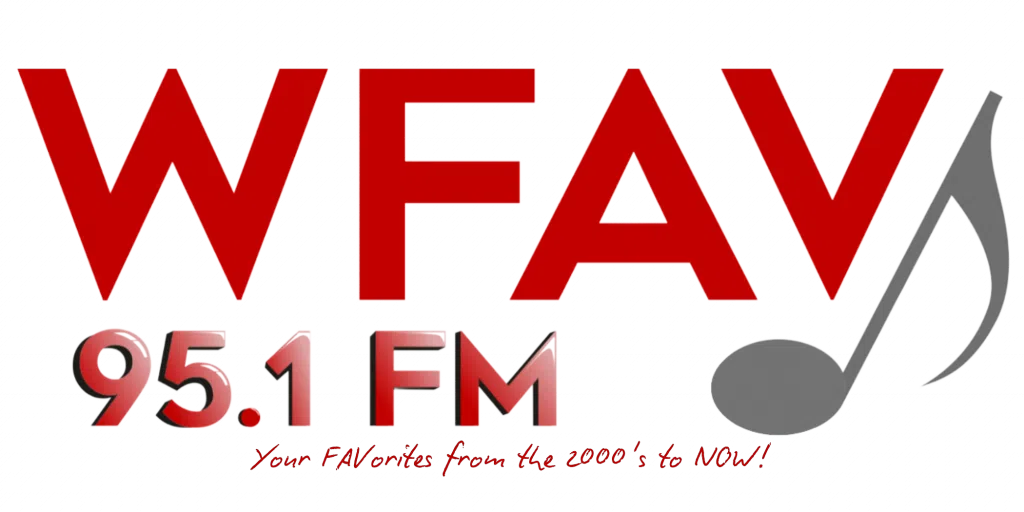Saturday (January 8th) mark what would've been the late, great David Bowie's 75th birthday. Today (January 7th) Bowie's long-unissued 2001 album, Toy is released. The oft-bootlegged album — now renamed Toy:Box — is available in three-CD or six-by-ten-inch vinyl versions.
Included in Toy:Box is a second CD/set of 10-inches of alternative mixes and versions including proposed B-Sides (versions of Bowie’s debut single “Liza Jane” and 1967’s “In The Heat Of The Morning”), later mixes by Tony Visconti and the “Tibet Version” of “Silly Boy Blue” recorded at the Looking Glass Studio time at the of the 2001 Tibet House show in New York featuring Philip Glass on piano and Moby on guitar.
The third CD/set of 10-inches features Unplugged & Somewhat Slightly Electric mixes of thirteen Toy tracks.
A live-streaming 75th birthday celebration for Bowie is set for Saturday (January 8th). A Bowie Celebration will take place via RollingLiveStudios.com will and feature performance and appearances by Def Leppard, Duran Duran's Simon Le Bon and John Taylor, Living Colour, Gary Oldman, Rob Thomas, Walk The Moon, Jake Wesley Rogers, Ricky Gervais, and Evan Rachel Wood.
Rolling Stone reported the event, which will be dedicated to the recently departed photographer Mick Rock, will also celebrate the 30th anniversary of Bowie's 1986 film Labyrinth and feature an appearance by Brian Henson, son of the legendary Jim Henson.
The house band for the event will feature legendary Bowie sidemen and bandmates, including Mike Garson, Earl Slick, Charlie Sexton, Alan Childs, Steve Elson, Mark Guiliana, Omar Hakim, Stan Harrison, Tim Lefebvre, Gerry Leonard, and Carmine Rojas.
Backing vocalists will include Gail Ann Dorsey, Bernard Fowler, Judith Hill, Gaby Moreno, Gretchen Parlato, and Sting's son, Joe Sumner.
Last week, the David Bowie Estate sold the global music publishing rights for his entire song catalog to Warner Chappell Music (WCM). The deal comprises all of Bowie's music from 1968 through his 2016 death. No dollar amount for the purchase was announced.
David Bowie died on January 10th, 2016 — just two days after his 69th birthday. Bowie's death followed a private 18-month battle with cancer, and according to reports from insiders in the Bowie camp, the music legend died from liver cancer, after suffering from a handful heart attacks in recent years. Bowie was survived by his wife of 23 years, supermodel Iman, his son, movie director Duncan Jones, and his daughter with Iman, Alexandria.
Although tributes were literally non-stop in the days and weeks following Bowie's death, perhaps the most touching tribute was in July 2016 when Bowie's 1974 classic “Rebel Rebel” took on Herculean proportions when it was played in unison by over 1,000 musicians. A professionally filmed clip of the volunteer-based rock band dubbed Rockin' 1000 performed the song in Cesena, Italy's Orogel Stadium.
Long-time fan, and Def Leppard frontman, Joe Elliott, who'll perform in tomorrow's tribute show, told us David Bowie's 1980 Scary Monsters (And Super Creeps) album inspired most of the music that came out of Britain throughout the remainder of the decade: “When you take the Scary Monsters period, which was probably Bowie's' last big artistic statement, because with Let's Dance, I think it just became a commercial — I wouldn't say 'sell out' — but it was a commercial success he never achieved in the past. But it was more based on 'normal'; all of a sudden, Bowie's wearing a tie and a suit and bleachin' his hair blonde and having it short. But Scary Monsters, with things like 'Ashes To Ashes' — you can see where Duran Duran got a lot of their stuff from, and even Spandau Ballet, who would come later on.”
In 1983, David Bowie shed light on how and why the character of “Ziggy Stardust” came to exist: “I think I was quite happy to buy into the idea of reinvention, up until the beginning of the '80s, really. When I was a teenager, I had it in my mind that I would be a creator of musicals — I sincerely wanted to write musicals for the West End and for Broadway, whatever. I didn't see much further than that — as a writer. And I really had the idea in my head that people would do my songs. And I was not a natural performer; I didn't feel at ease onstage — ever. And I had created this one character — 'Ziggy Stardust' — that it seemed that I would be the one who played him, because nobody else was doing my songs and the chance of my getting a musical mounted were very slim, and so, I became 'Ziggy Stardust' for that period.” (40 OC: . . . for that period)
David Bowie explained that his late-1970's work with producer Brian Eno forever shaped the way he thought about songs and music: “The whole idea of using a recording studio as an instrument, of not necessarily thinking that you have to be prepared totally before you go in; that accidents will happen and sometimes planned accidents work our really well. If there's a bad note, you can layer that note several times with other instruments and suddenly that bad note sounds like an extraordinary piece of arrangement.”
Although David Bowie will always be best remembered for pushing the creative envelope, until the end he tried to bear witness and give a voice to the plight of the world he saw around him: “Some kind of statement or indictment of an uncaring society, or particularly the response to what's happening in terms of the homeless, people who are totally uncared for in terms of education or being fed properly, or housed properly. There's such a diversity of political stance, where the high powered authority seem to be far more concerned with their relations with Russia or the Middle East and the whole idea of what's happening at home, on the streets with the indigenous people seems to be swept under the carpet.”
In 2003, Bowie spoke about mortality during a rare TV appearance on Britain's Parkinson talk show: (David Bowie): “I had this poetic, romantic, kind of juvenile idea that I would be dead by 30. 'Cause that's — all artists think: 'I'll be dead by 30! Y'know, I'm going to get TB and die.' (Laughs) But you don't, y'know, you get past it and then suddenly, you're 30 and you're 40 and then you're 50 and 57, and then all that. And it's a new land, y'know?” (Parkinson): 'Sure.” (Bowie): “I'm a pioneer — me and my kind are just sort of scraping the edge of what this think is about, being a rock and roller at the age of 57. But my revenge is all these bands that are below us, they've got to do this — so, they kind of say: 'Yeah, they're like, really old' — but secretly they're thinking, 'I better watch how he does it, 'cause I'm gonna get there soon (laughter).'”
FAST FORWARD
The David Bowie Estate has announced a series of releases from Bowie's catalog that have been remixed and reimagined exclusively in 360 Reality Audio, a new immersive music experience driven by Sony’s spatial sound technology. The content is the latest David Bowie music to be mixed in 360 Reality Audio, following Space Oddity, which is currently available on 360 Reality Audio-supported streaming platforms.
In conjunction with the ongoing Bowie 75 – an extended celebration of David Bowie’s 75th birthday on January 8th, 2022 featuring two physical pop up locations in NYC and London equipped with 360 Reality Audio listening experiences at each location — longtime Bowie producer Tony Visconti crafted 360 Reality Audio mixes of Heathen, Reality, A Reality Tour (Live), The Next Day, and “Blackstar.”
The albums will be available for streaming in 360 Reality Audio beginning January 21st on Amazon Music Unlimited, Deezer, and TIDAL.






